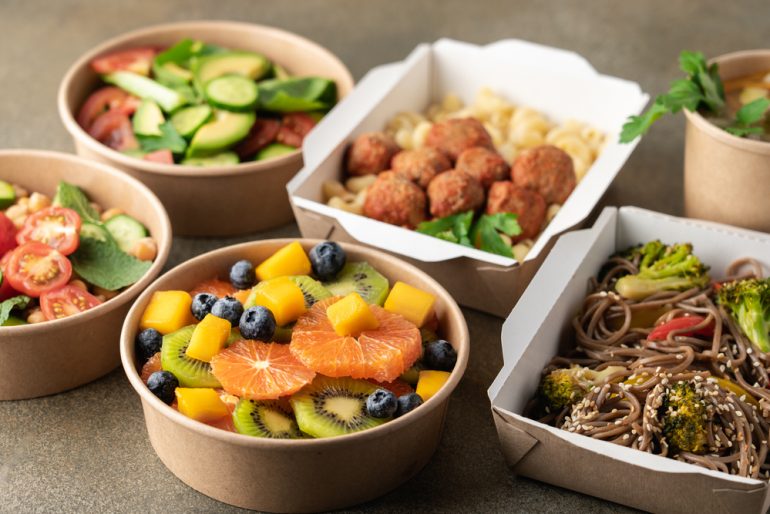Time-saving tips for eating healthy when you are busy
When we are rushing to meet deadlines, the most obvious casualty is our food. We end up binging on junk food or missing a meal altogether if we are too tired. This is seriously detrimental to our health.
There are many smart tactics you could employ to ensure healthy eating despite a busy schedule. Here are some ways to do it.
Look beyond fresh produce
Most of us do not get the recommended servings of fruits and vegetables each day, partly because it can be time-intensive to wash, prepare, and store fresh produce. Keeping frozen or canned options on hand can be a lifesaver when you are short on time.
These options are just as nourishing, with the added benefit of being less perishable and (sometimes) less expensive.
Add frozen veggies to canned soup or reheated leftovers, serve canned veggies as a side dish, or enjoy canned fruit with mid-day snacks.
Don’t skip breakfast
Avoid missing this meal to ensure good health. A good breakfast could be a simple one of oats, muesli, or fruits but will kick-start your metabolism and ensure high energy levels throughout the day.
Prepare ingredients in advance
Meal preparation is so popular because, well, it is a really great way to cook efficiently and not have to make mealtime a big to-do every single time.
To keep some variety in your meal preparation game, try prepping individual ingredients instead of fully constructed meals.
That way, you can combine them in different ways and keep things feeling fresh throughout the week.
For example, if you prepare a protein such as chicken, roasted vegetables, and starches such as sweet potatoes or rice ahead of time it is easy to quickly get a healthy balanced meal onto a plate quickly.
Stay hydrated
Drink plenty of water to stay hydrated. People often forget to drink water when they are busy. However, the body needs water to carry out appropriate functions, especially our brain function.
When dehydrated, your cognitive function will decline and your brain will not be working efficiently. Carry a reusable water bottle with you all the time and refill it at the water stations around.
Try one-pan or pot dinners
Forget using a dozen pots, bowls, and utensils to prepare a meal – try a one-pan dinner.
This easy dinner approach removes the need to figure out what sides to cook with your main, as your one dish will provide your protein, vegetables, and grains all together.
Make healthier choices when dining out
Many people choose to eat out when they feel like they do not have enough time to cook. Identifying and ordering a more nutritious option in a restaurant is easier than you think.
Try to choose dishes that contain mostly vegetables, whole grains, and lean protein. Consider adding various side dishes to create a balanced meal. Additionally, pay attention to the portion size offered.
Restaurants often serve portions that are too much for one person to finish, so you should not feel obligated to finish everything on the plate.
To avoid overeating, consider splitting a meal with a friend, ask for a smaller portion, or put half of the plate in a to-go box for another time.
Snack well
Let’s be honest. There are some days everything will go “cray-crazy.” Sometimes you are just in survival mode. Having a stash of healthy snacks already prepared will become your lifeline.
Always strive to have healthy snacks on hand to grab – nuts, seeds, hard-boiled eggs, cut-up veggies, and pieces of fruit like apples and pears. A perfect snack is an apple and almond butter.
Set up your kitchen for success
Healthy eating habits are not just about what you put in your mouth, but what you put on your counters, shelves, and in your fridge. The first thing you see when you walk in the kitchen is what you are likely to gravitate towards.
The neater you keep your kitchen, the less likely you are to make unhealthy choices, too.
So make sure to tidy up after all your meal preparation.

